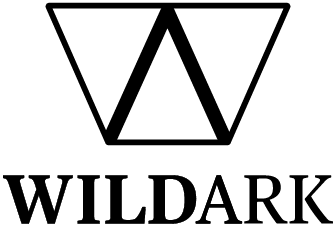All images © Corey Wilson/ WildArk.
Grizzly Plains Conservancy is located on the shores of the Kvichak River, one of the most important rivers in the greater Bristol Bay Salmon fishery – an area of 40,000 square miles in South West, Alaska.
This Arctic Tundra wilderness is made up of an intricate system of rivers, lakes, wetlands and forest. It is home to the largest and most productive natural Salmon fishery in the world with up to 40 million salmon including all five species Sockeye, Chinook, Coho, Chum and Pink Salmon, swimming up its rivers each year.
It is one of the most pristine ecosystems on earth.
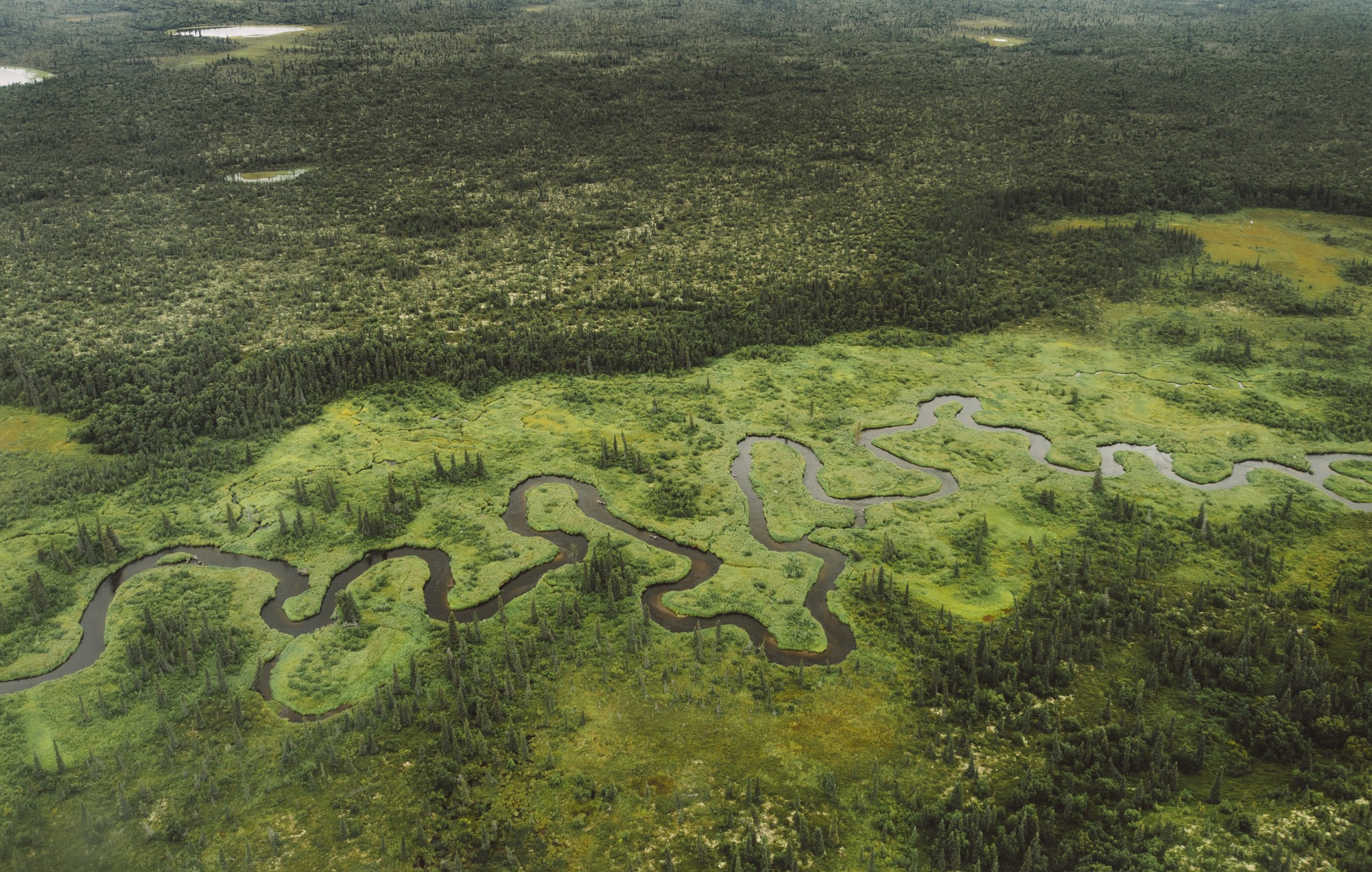
It is also home to many indigenous people including the Yup’ik Eskimos, Aleuts, and Athabascan Indians who have lived on this land for 8000 years.
Grizzly Plains is a partnership project with the Igiugig village, home to approximately 70 indigenous people who live on the Kvichak River, some of whom can be traced back to original Reindeer herders.
The name Igiugig stems from the Yup’ik word that means “throat that swallows water” due to its location where Lake Iliamna flows into the Kvichak.
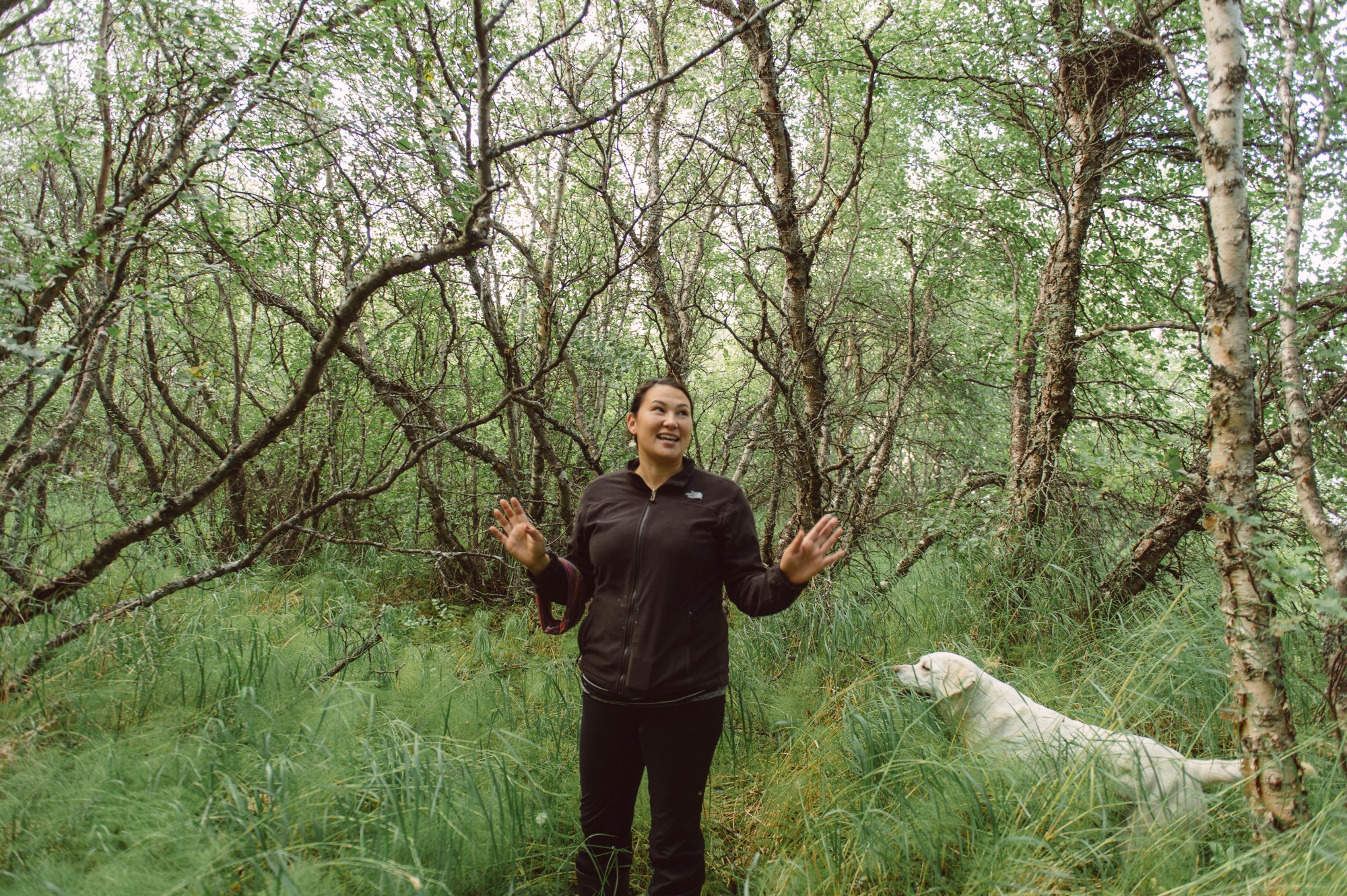
AlexAnna Salmon Village Council President of Igiugig. © Corey Wilson/ WildArk.
The village is renowned for it’s strong educational and environmental values, elder respect and ancient culture. It is also a sustainable village – the Igiugig people grow their own food in a greenhouse, make their own solar energy, subsistence fish, supporting the tourism industry, build their own roads and do their own recycling. The Igiugig Village Council is known as the Tribal Council and is responsible for handling government issues as well as the well- being of the village.
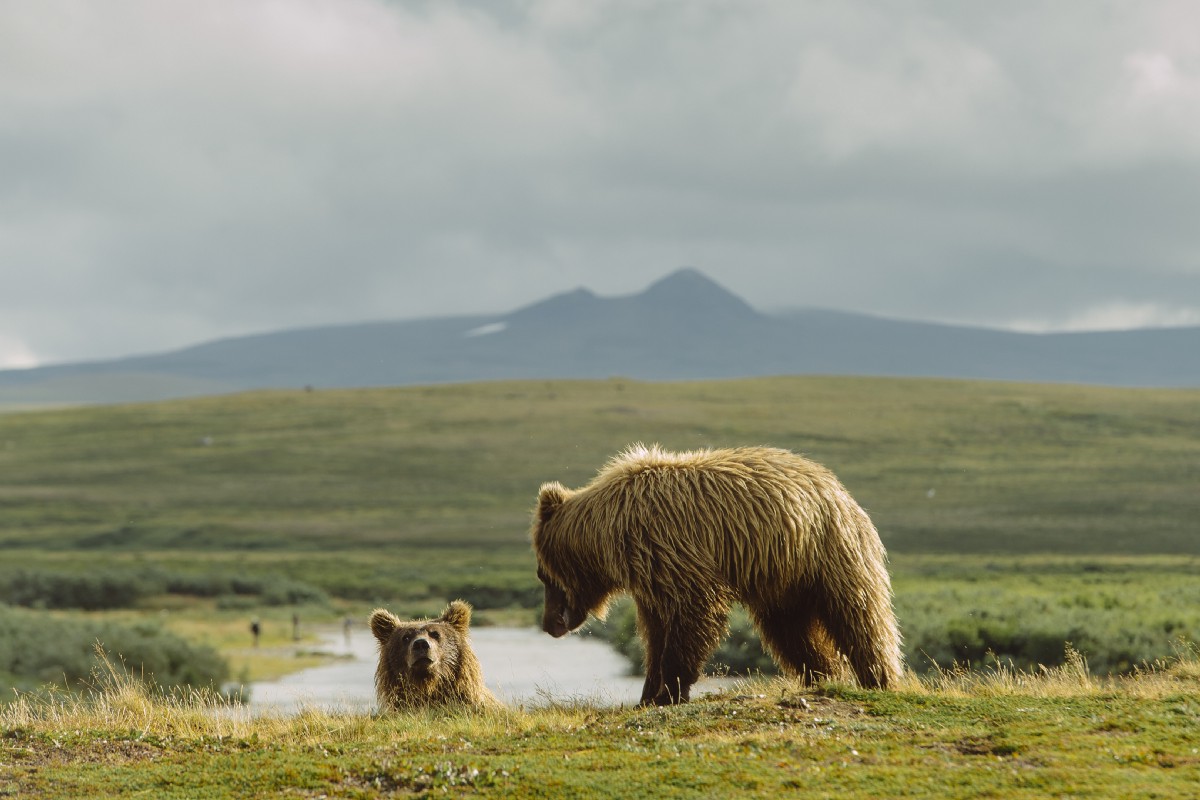
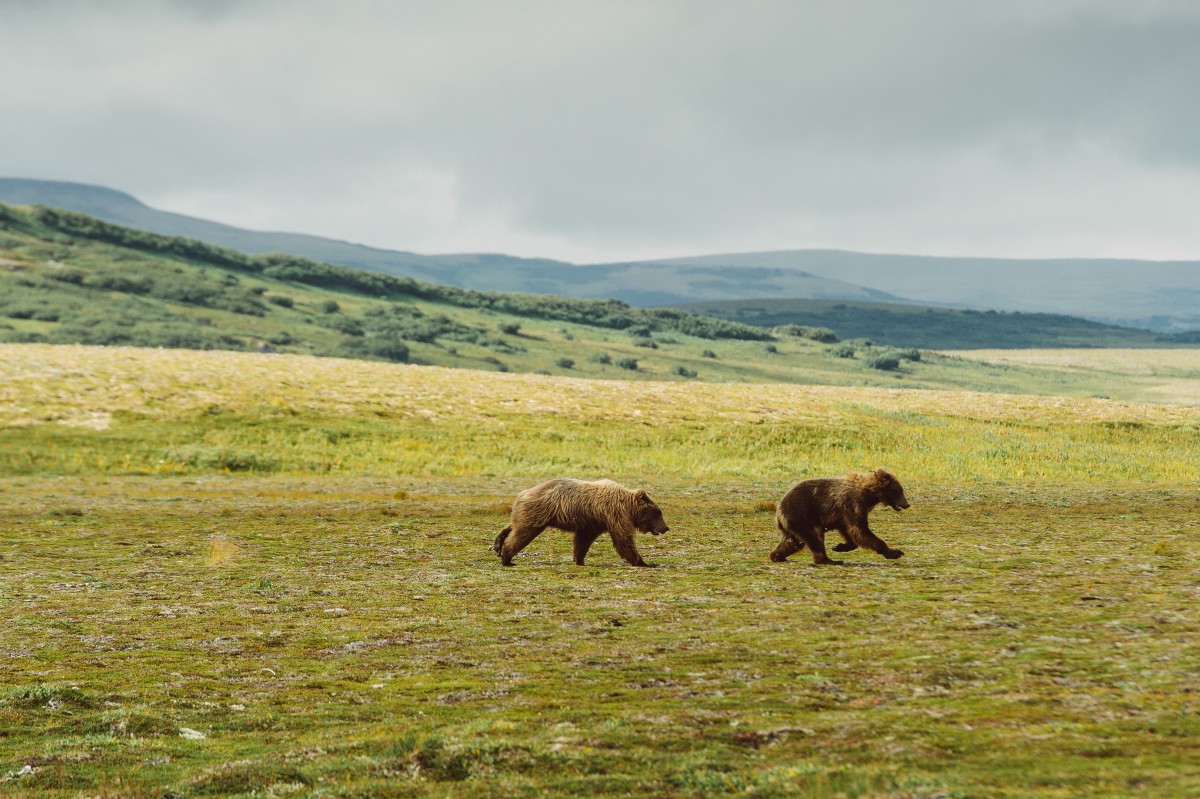
The area is also renowned for its wildlife. The Mulchatna Caribou herd of 40,000 plus caribou passes seasonally near the Igiugig village, and the area is home to one of the largest populations of Grizzly Bears in North America. In addition Bristol Bay provide habitat for 190 bird species, 29 fish species and more than 40 terrestrial animals including Moose, Bald Eagles, Caribou, Wolverines, Porcupines, Black Bears, Wolves Freshwater Seals, Pacific Walrus, Beavers, North Pacific Right Whales, Beluga Whales, and Orcas.
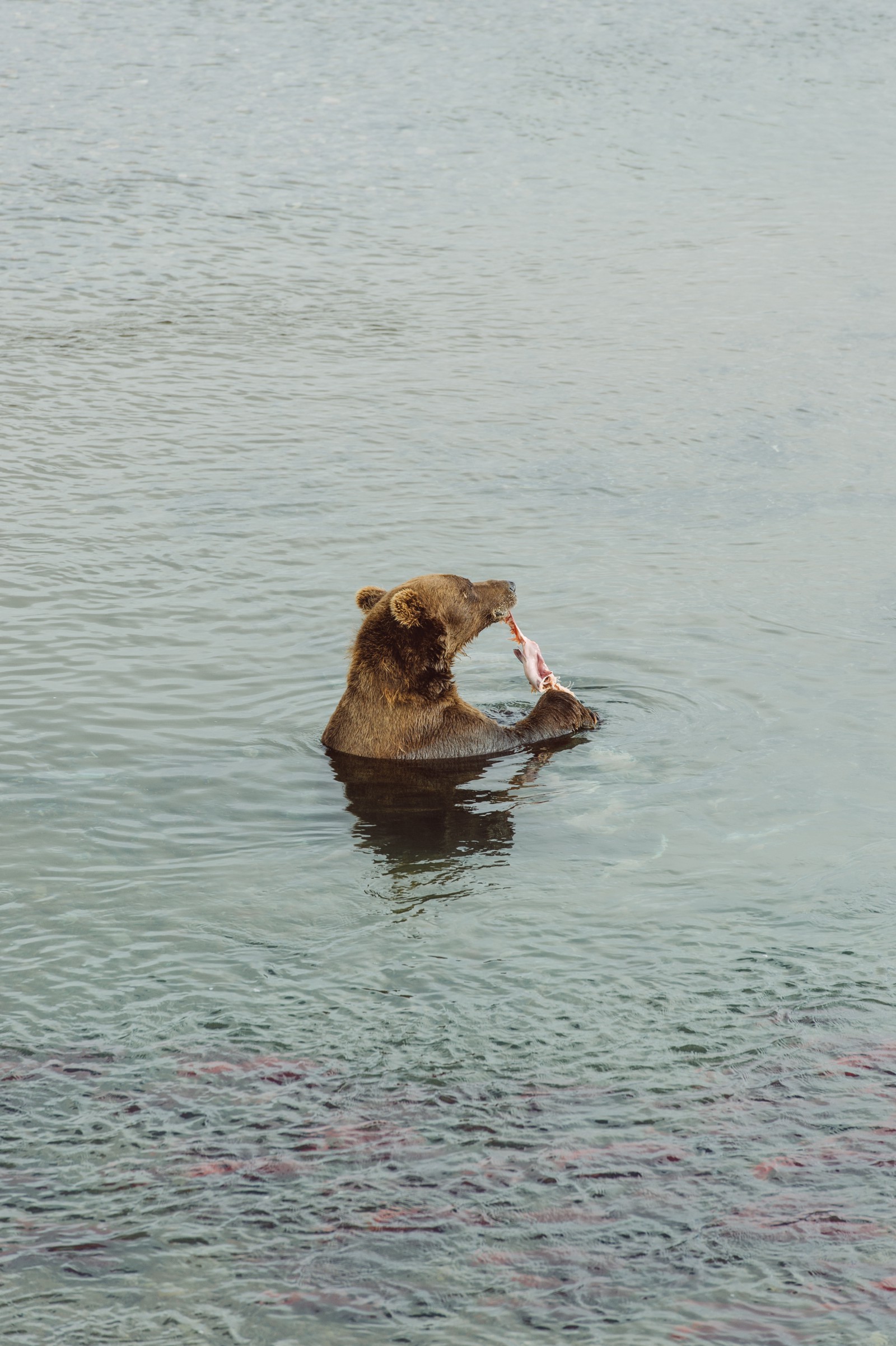
Underpinning this entire ecosystem is the Salmon that return each year to spawn and die in these rivers. The salmon support wildlife, commercial fishing, and ancient culture. According to WWF the area produces 46% of the World’s wild Sockeye salmon harvest and generates $1.5 billion per year and 20 000 jobs to the US economy.
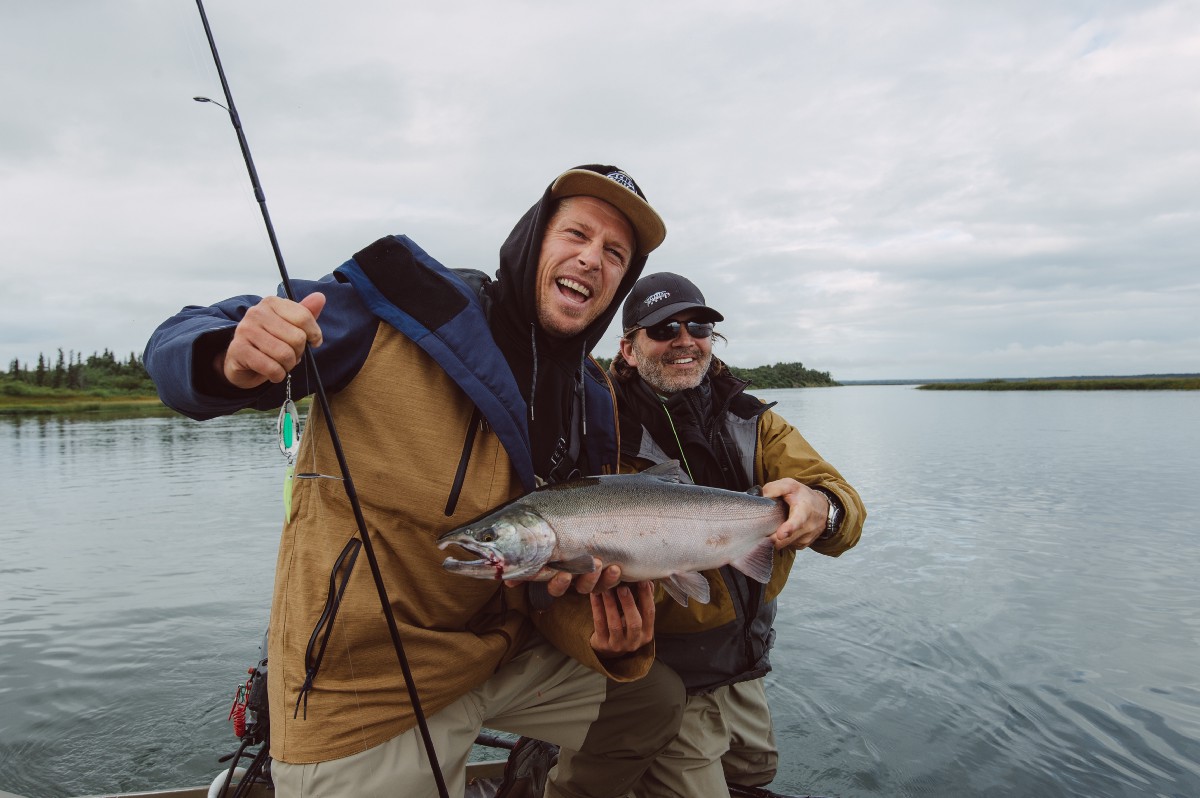
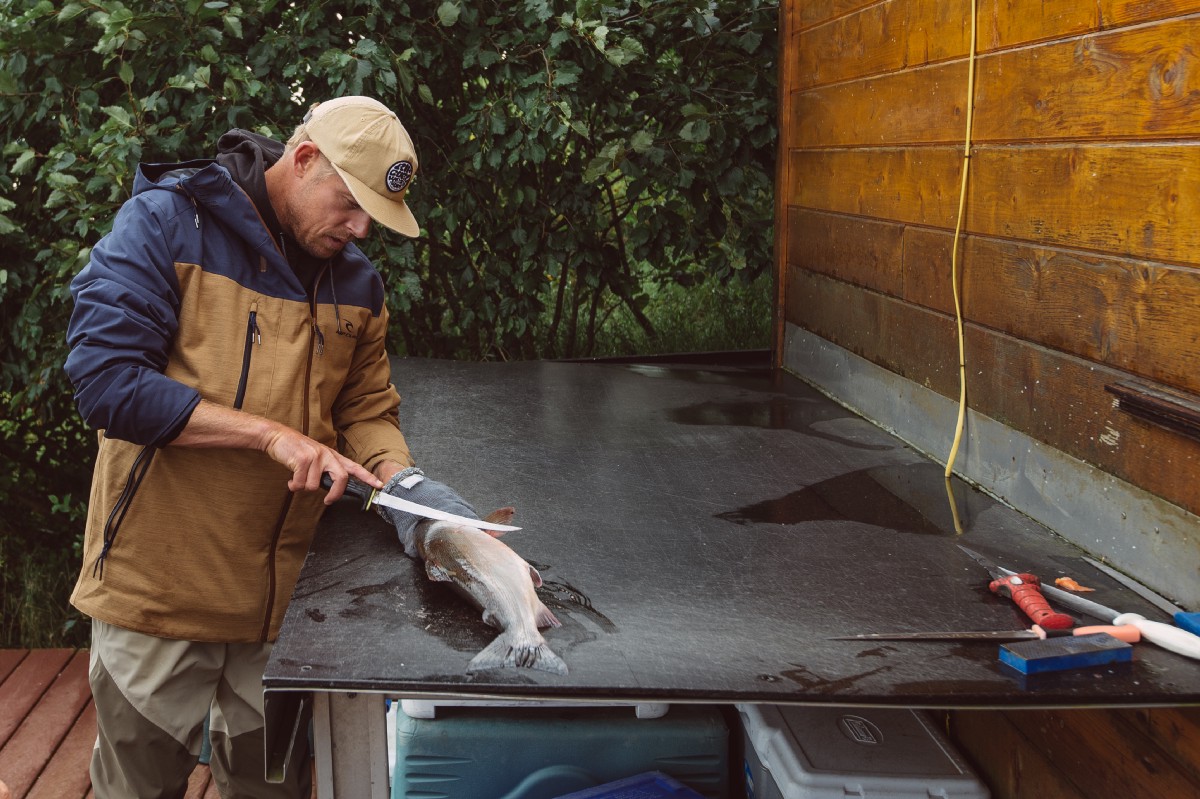
Unfortunately the area is under threat from Pebble Mine, the world’s largest open pit Gold and Copper Mine which is planned for the headwaters of the Bristol Bay watershed. According to WWF ‘the Pebble deposit will destroy 94 miles of Salmon streams and 5,350 acres of wetlands, lakes and ponds. Overall, the Environment Protection Agency concluded that mining the headwaters of the Bristol Bay river systems could cause irreparable harm to the valuable Bristol Bay fishery, wildlife, and people.’
Sources: https://www.upworthy.com/a-village-of-70-folks-might-have-the-secret-to-living-sustainably
https://www.worldwildlife.org/stories/why-is-bristol-bay-important-for-salmon-and-seven-other-bristol-bay-facts
